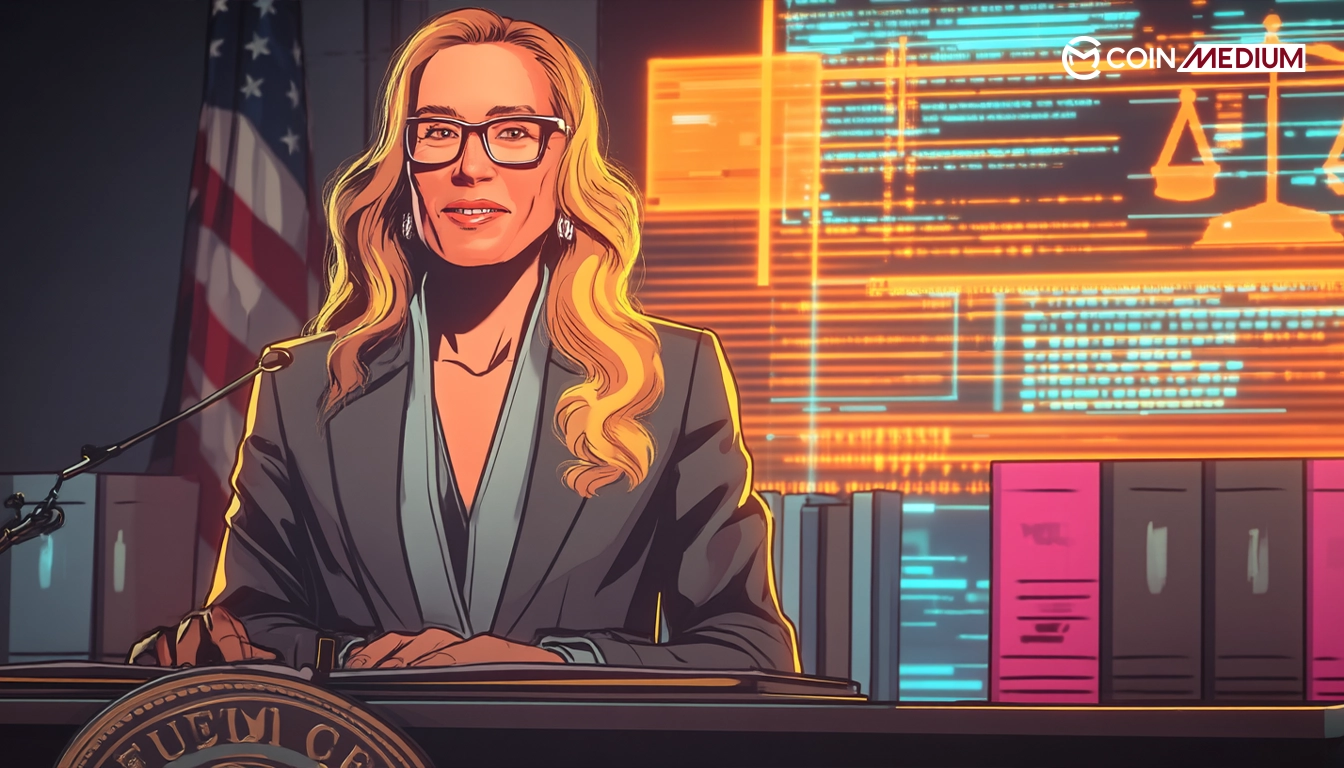U.S. SEC Commissioner Hester Peirce spoke to a group of blockchain researchers and practitioners, urging lawmakers to protect users’ right to transact privately. Her remarks come in as Tornado Cash’s co-founder Roman Storm’s case comes closer to the date.
Advocating Right To Privacy
The SEC commissioner asserted that the way developers use other code should not be held accountable. She argued that the ability to transfer value privately, similar to using physical cash, is a fundamental right that should be protected.
Furthermore, Peirce noted that in the 1990s, the U.S. government opposed this right to privacy. To get this right back eminent cryptographers came forward and fought legal battles and also sought support from the common man to get this right. Phil Zimmermann, the creator of Pretty Good Privacy encrypted (PGP) software was one of the key cryptographers to push back against privacy harming crackdown by the US government.
It is the same tech we use for online banking today. Peirce believes that stifling privacy-enhancing technologies slows down innovation.
Defunct DeFI Broker Rule Should Remain As Is
Peirce also addressed the DeFi broker rule, which would have required DeFi protocols to collect and report user information to the IRS. In her same speech she argued that businesses should not be forced to report confidential information of their customers.
“Doing so would deputize us to surveil our neighbors—a practice antithetical to a free society. Nor should we require an intermediary to step in the middle of peer-to-peer transactions”.
Hester Peirce
She called this, “a practice antithetical to a free society.”
She believes that technologies with legitimate uses should not be restricted, even if they can be misused, because doing so would infringe on fundamental liberties.
The DeFi broker rule was ultimately killed by US President Donald Trump on April 10, 2025.
Crypto Mixer, Tornado Cash In Legal Battle
Peirce’s comments are particularly timely given the trial of Roman Storm, the co-founder of Tornado Cash.
Storm is accused of facilitating money laundering because criminals used his software. His defense team and supporters within the crypto community argue that the software is a neutral tool and developers should not be held liable for how others choose to use it.
In a similar case, the co-founders of Samourai Wallet initially tried to have their case dismissed but pleaded guilty on July 29, 2025.



